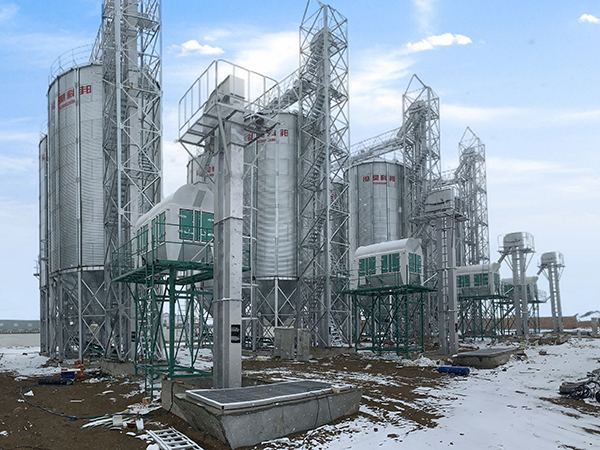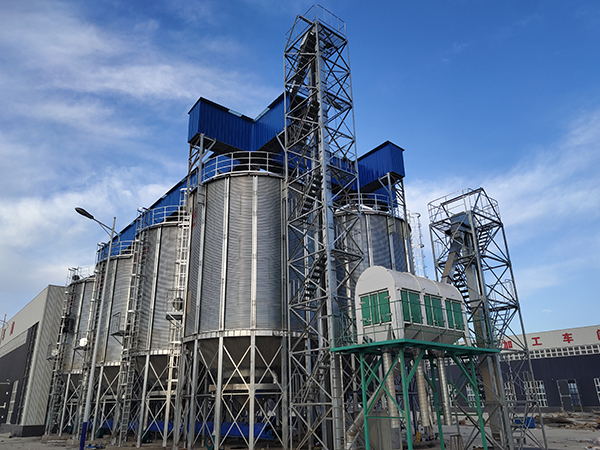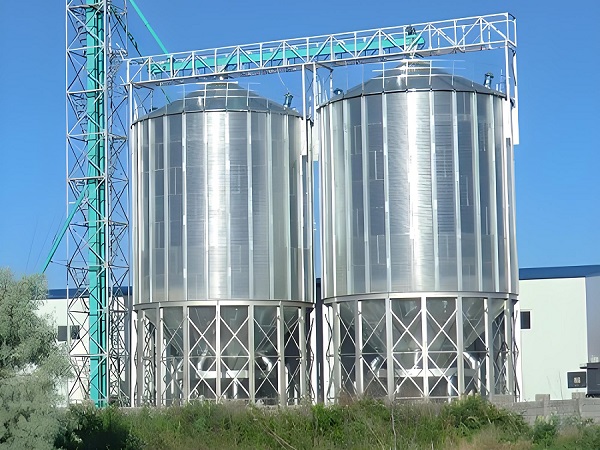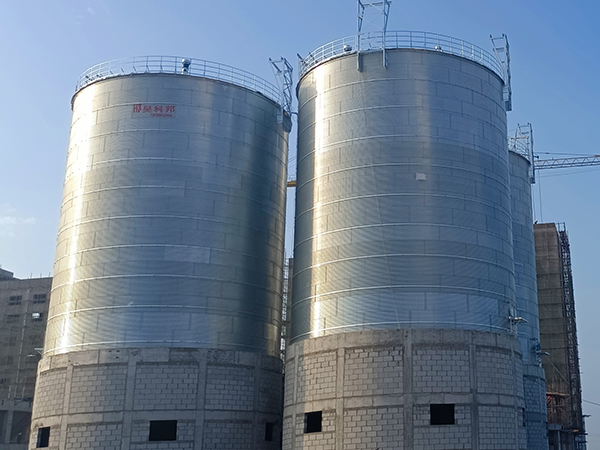Peanut Silo Procurement: Strategic Sourcing for Agricultural Storage
In the agricultural industry, where the efficient storage of produce is essential, “peanut silo procurement” is a critical process. It involves the careful selection and acquisition of silos that are designed to store peanuts effectively, ensuring their quality and safety until they reach the market.
- Structure Composition of Wheat Silo in Uganda
- Main Advantages of Wheat Silo in Uganda
- Main Functions of Wheat Silo in Uganda
- Corn mill factory in Mali
- Maintenance Methods for Wheat Silo in Uganda
- Maintenance Methods for a Rice Silo in Uganda
- Wheat mill supplier in Malawi
- Installation Process of a Rice Silo in Uganda
- Structural Composition of a Rice Silo in Uganda
- Flour mill sale in Rwanda
- Main Advantages of Rice Silo in Uganda
- Primary Functions of Rice Silo in Uganda
Introduction: The Importance of Strategic Procurement in Agriculture
In the agricultural industry, where the efficient storage of produce is essential, “peanut silo procurement” is a critical process. It involves the careful selection and acquisition of silos that are designed to store peanuts effectively, ensuring their quality and safety until they reach the market. This article will explore the key aspects of peanut silo procurement, the factors to consider when purchasing, and the benefits of making a strategic investment in this type of storage solution.
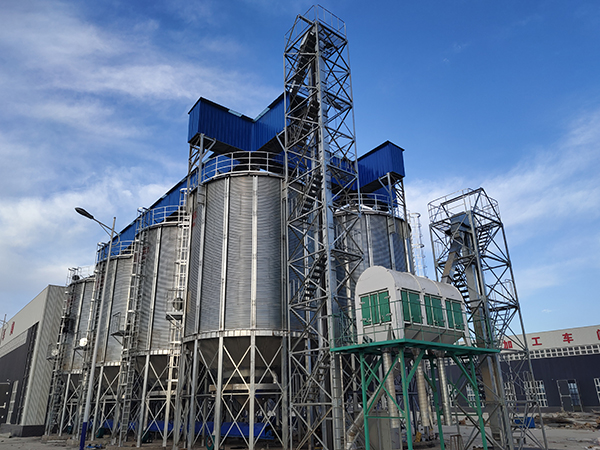
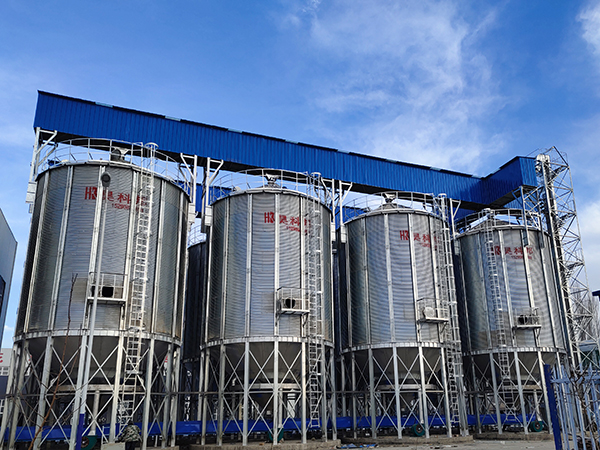
Understanding Peanut Silo Procurement
A clear understanding of the procurement process is vital for anyone looking to invest in peanut silos.
Needs Assessment
The first step in procurement is to assess the storage needs based on the size of the peanut crop and the required storage duration.
Budget Allocation
Setting a budget for the procurement ensures that the investment aligns with the financial capabilities of the farm or agribusiness.
Market Research
Conducting thorough market research helps identify reputable suppliers and the different silo options available.
Factors to Consider in Peanut Silo Procurement
Several factors should be taken into account to ensure the procurement process results in the best possible storage solution.
Durability and Material Quality
The silo’s material and construction should be durable enough to withstand various weather conditions and protect the peanuts from damage.
Capacity and Scalability
The silo’s capacity should match the size of the harvest, and it should be scalable to accommodate future expansion.
Cost-Effectiveness
Evaluating the cost-effectiveness of different silo options is crucial to ensure the procurement provides value for money.
Supplier Reliability
Selecting a supplier with a proven track record of reliability and quality is essential for long-term success.
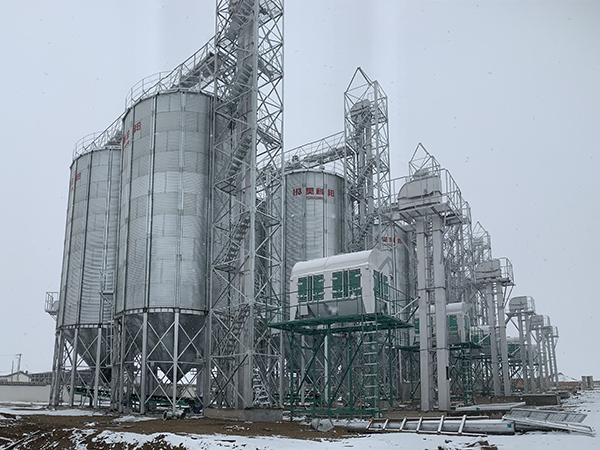
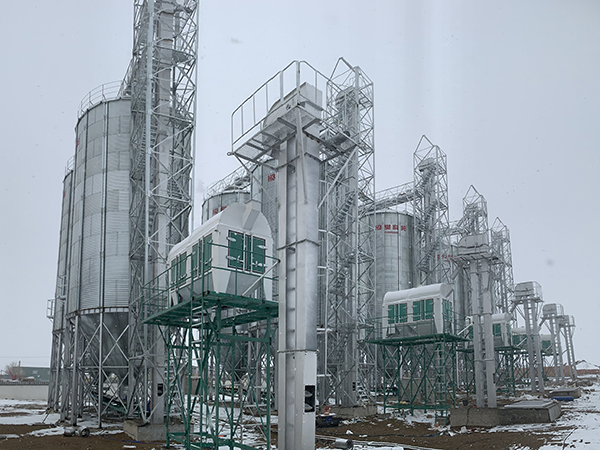
Benefits of Investing in Peanut Silo Procurement
Investing in peanut silos through strategic procurement offers numerous benefits that can enhance agricultural operations.
Improved Storage Efficiency
High-quality silos improve the efficiency of storage operations, reducing the time and labor required for handling and preserving peanuts.
Enhanced Peanut Quality
Proper storage in peanut silos helps maintain the quality of the peanuts, ensuring they remain in optimal condition until they reach the market.
Increased Marketability
Investing in silos can increase the marketability of the peanuts, as buyers are more likely to purchase well-preserved, high-quality produce.
Risk Mitigation
Strategic procurement of peanut silos can mitigate risks associated with crop damage due to improper storage.
Conclusion: The Role of Peanut Silo Procurement in Sustainable Agriculture
“Peanut silo procurement” is a cornerstone of sustainable agriculture, providing a reliable and efficient means of preserving peanut harvests. By carefully considering the factors that influence silo selection and employing strategic procurement practices, farmers and agribusinesses can secure a stable and cost-effective storage solution for their peanut crops, contributing to the overall success and sustainability of their operations.

